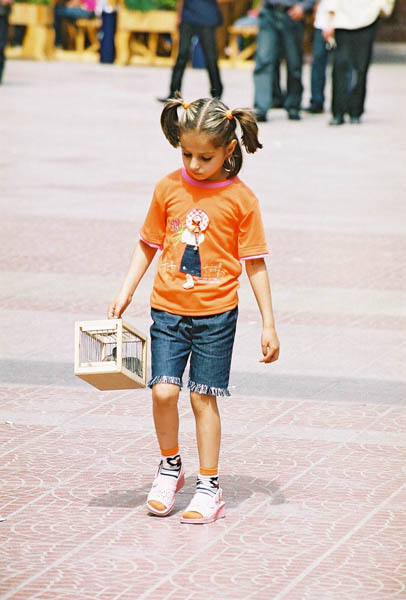Ceremonies are taking place around the world to mark the 20th anniversary of a landmark agreement protecting children, BBC reported.
The UN says the Convention on the Rights of the Child has transformed the way children are treated.
But it says a billion children in the world still go without food, shelter or healthcare and that millions are facing lives of poverty and abuse.
On the eve of events, a British charity warned millions of the world's children have no parents or family around them.
The Convention on the Rights of the Child (CRC), signed in 1989, guarantees children the right to life, to education, the right to play and to be protected from abuse.
It has the widest international support of any human rights treaty - ratified by 193 countries, with only the US and Somalia yet to give their backing.
The UN says the achievements of the convention have been "remarkable" - 30% more children live beyond the age of five and more than 80% of children now attend primary school.
'Children matter'
Elizabeth Gibbons, deputy director of the UN children's agency Unicef, said the impact of the convention on children's lives was clear.
"At any time across the world, in any city, in any media, you'll find a story about children's rights, that's the big change," she said.
"Yes, there are many problems not resolved, but now children matter, they matter to society, they matter to the media, they matter to politicians."
But the UN says 24,000 children under the age of five still die every day from preventable disease and illness and that governments must not cut back on provision for children in times of financial hardship.
On the eve of the anniversary, British charity Everychild said increasing numbers of children were growing up with no parents or separated from their families.
The charity said Russia and other former Soviet countries were of particular concern, with more than a million children living in institutions, many of them with at least one parent still alive but too poor to care for them.
Everychild warned that other countries were in danger of following the same path by focusing on building orphanages rather than trying to keep families together.






